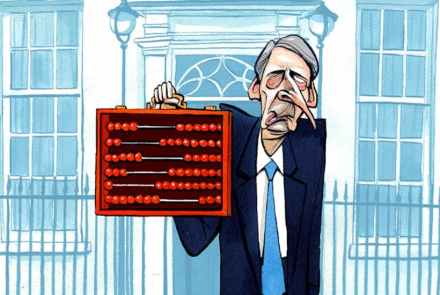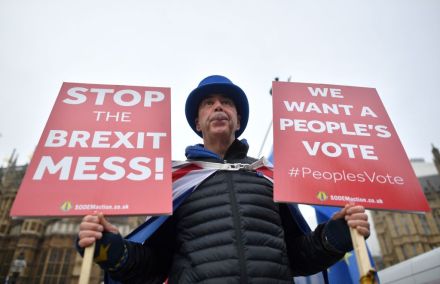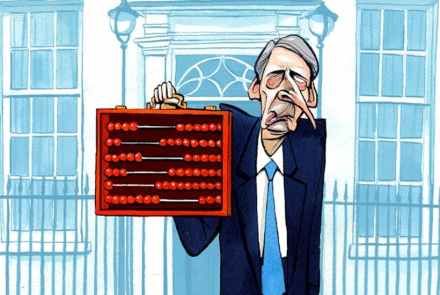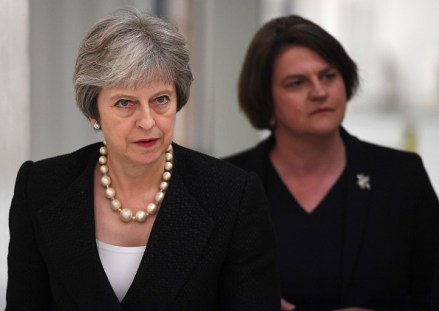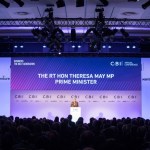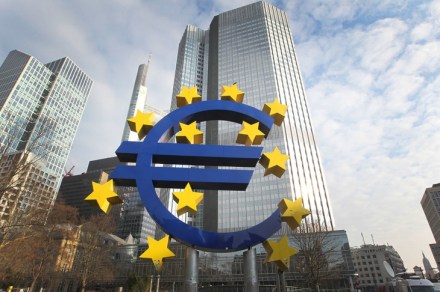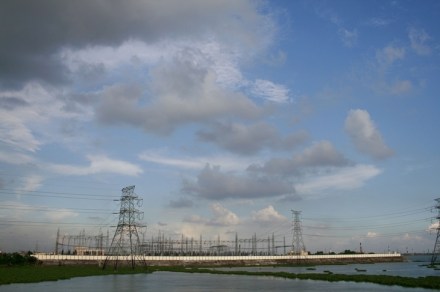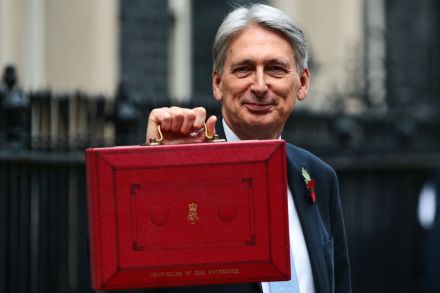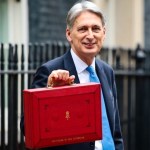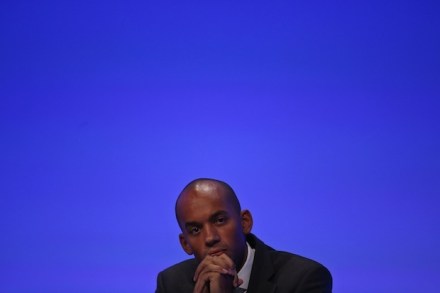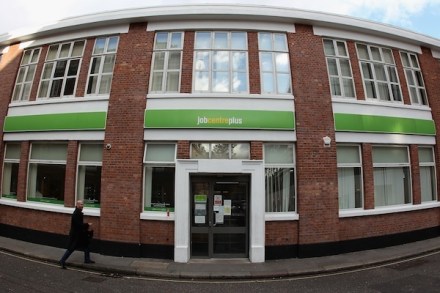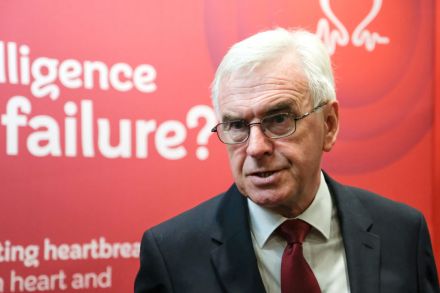Remaining in the EU would come at a big price for Britain
We’re familiar with the warnings about the cost of Brexit. The ‘People’s Vote’ campaign released an estimate yesterday suggesting that Theresa May’s deal will leave the UK £100bn worse off a year. Tomorrow, the Treasury will unveil its forecasts of the economic impact of Brexit. But what about the price of staying put in the EU? Whatever those clamouring for a ‘People’s Vote’ might claim, no Brexit does have a cost. Firstly, the price in terms of political capital will be significant. What does going back on the referendum result say to the 17.4million voters who voted Leave? What about the damage done to trust in our institutions and our


